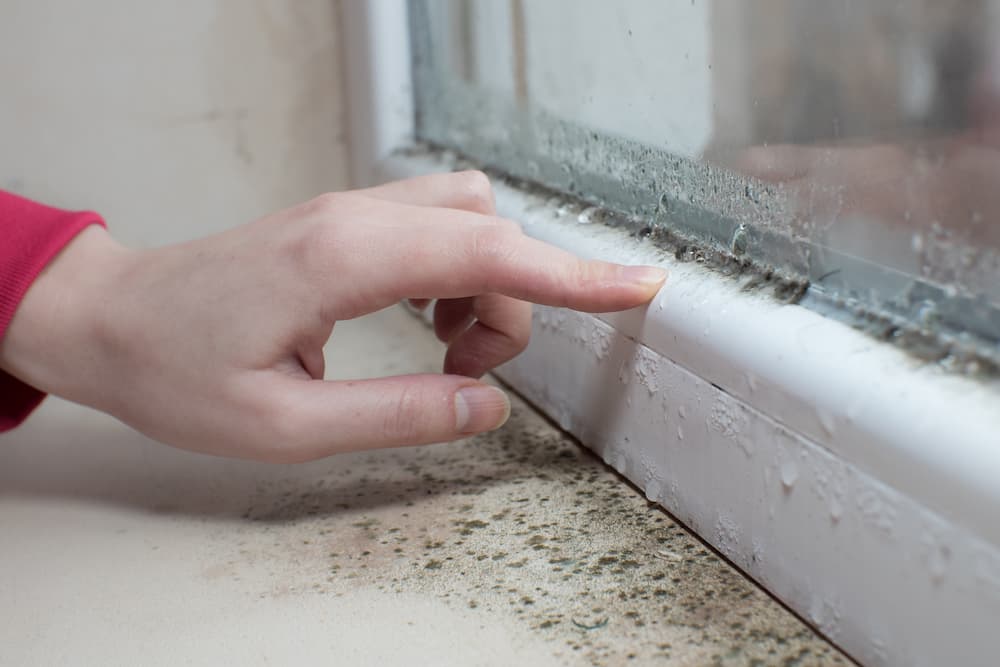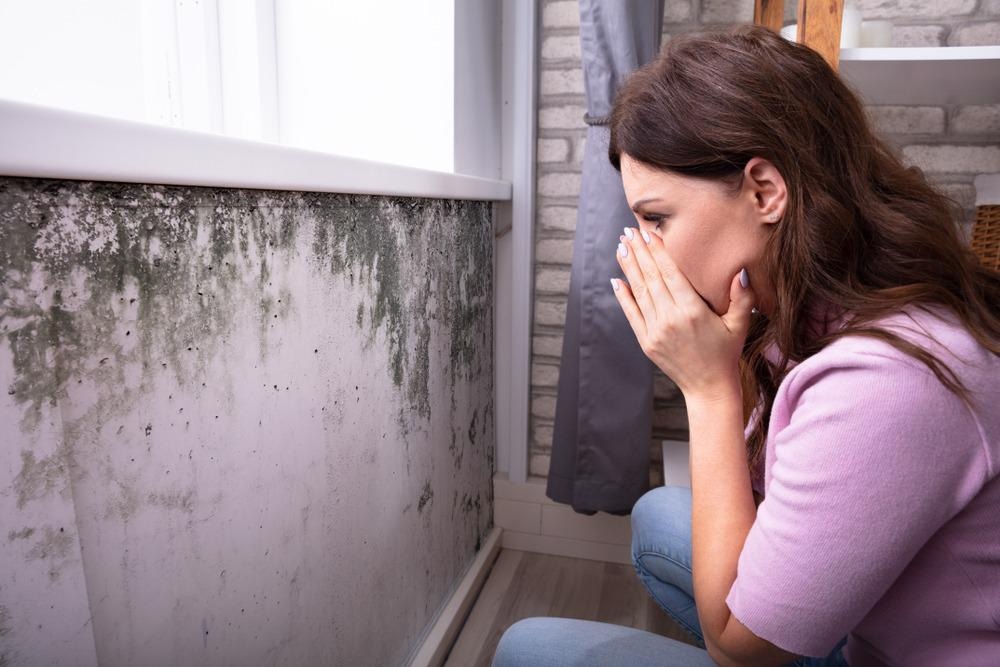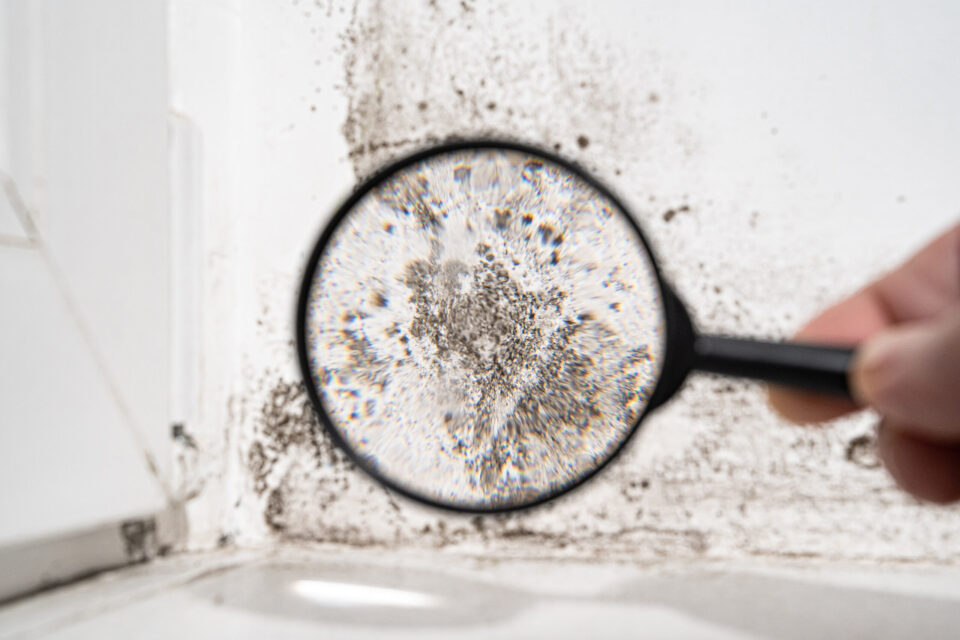Mold, often an uninvited guest in our homes, can pose serious health risks that many families unknowingly face. This insidious fungus, thriving in damp environments, can permeate walls, carpets, and even the air we breathe.
When left unchecked, it not only diminishes the quality of our living spaces but can also trigger a host of health issues, from allergic reactions to respiratory problems. Understanding the potential dangers mold presents is essential for safeguarding your family.
In this article, we’ll delve into the key aspects of mold health risks, spotlighting what every homeowner should know to maintain a safe and healthy environment. Don’t let mold lurk in the shadows—let’s shine a light on how to protect your loved ones and preserve the sanctity of your home.
Types of Mold Commonly Found in Homes

When it comes to mold in our homes, several types are frequently encountered, each with its own health risks and characteristics. Stachybotrys chartarum, commonly known as black mold, is perhaps the most notorious, often found in damp, water-damaged areas and linked to severe respiratory issues.
Another prevalent type is Aspergillus, which can thrive in both indoor and outdoor environments, potentially causing allergic reactions and infections, especially in individuals with weakened immune systems. Cladosporium, often lurking on damp surfaces like carpets and wood, can also trigger allergies and asthma attacks.
Then there’s Penicillium, recognized for its distinctive bluish-green hue, which grows on materials such as wallpaper and carpets, releasing mycotoxins that can exacerbate respiratory problems. Understanding these common types of mold is vital; they not only coexist in our living spaces, often unnoticed, but they can pose significant health threats, particularly to vulnerable family members.
For proactive safety, scheduling a mold inspection St Petersburg fl can help detect and address these hidden dangers.
Health Risks Associated with Mold Exposure

Mold exposure in homes poses a variety of health risks that can significantly impact your family\’s well-being. For those with allergies or asthma, even a small amount of mold can trigger severe respiratory issues, including wheezing, coughing, and difficulty breathing. Beyond immediate allergic reactions, certain types of mold produce mycotoxins—harmful substances that can lead to neurological symptoms, fatigue, and long-term health complications.
Even the seemingly healthy may find themselves impacted, experiencing headaches, skin irritations, and chronic sinus problems when exposed to mold spores. Children, the elderly, and individuals with weakened immune systems are particularly vulnerable, making it crucial to address any mold issues promptly.
Creating a clean and safe living environment should be a priority, as the consequences of neglect can extend beyond mere discomfort, potentially leading to serious health concerns. Recognizing the signs of mold and understanding the associated risks is key to safeguarding your familys health.
Other Health Effects: Skin Irritations and More

Mold doesn’t just pose respiratory risks; it can wreak havoc on your skin, too. Individuals exposed to mold spores or mycotoxins may develop rashes, irritations, or even contact dermatitis, manifesting as red, itchy patches or blisters on the skin.
These unsettling reactions can vary widely in their severity, affecting anyone from young children to the elderly. In some cases, prolonged exposure may lead to more serious skin conditions that require medical attention.
Moreover, the presence of mold can exacerbate pre-existing skin conditions like eczema or psoriasis, intensifying discomfort and distress. It’s crucial to be vigilant; if you notice unusual skin changes coinciding with mold presence in your home, consider seeking professional help to address both the mold problem and your health concerns.
Conclusion
In conclusion, understanding the health risks associated with mold in your home is paramount for ensuring the safety and well-being of your family. Mold can thrive in various environments, leading to potential respiratory issues, allergic reactions, and other health complications.
It is essential to maintain a clean and dry living space, promptly addressing any signs of moisture or mold growth. For homeowners in St.
Petersburg, FL, utilizing professional mold inspection services can provide peace of mind and help identify any hidden mold issues before they escalate. By taking proactive measures and staying informed, you can create a healthier home environment for your loved ones.

